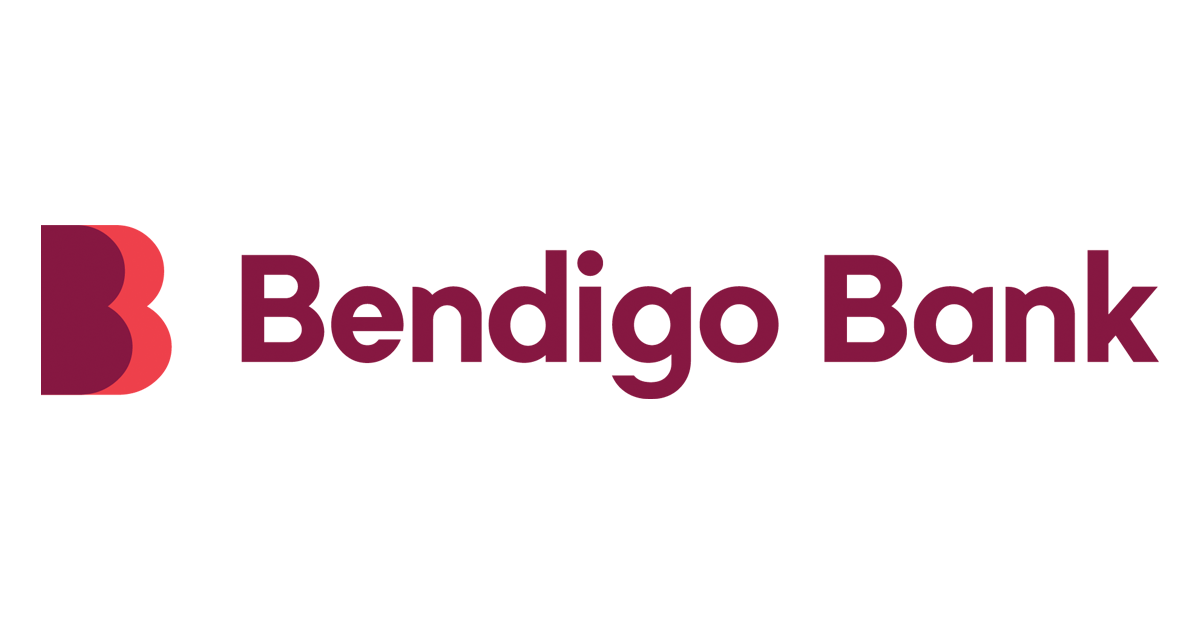When buying a property, your intended use will determine the type of home loan you need. If you’re planning to live in the home, you’ll require an owner-occupier loan. But if the property is being purchased to generate income, you’ll need an investment loan. Understanding the difference can help you make the most of your finance options and take advantage of the features and benefits available for each.
The differences between investment loans and home loans
| Investment loan | Home loan | |
|---|---|---|
| Purpose | To purchase a property intended to be rented to tenants | To buy a home to live in |
| Interest rates | Typically higher than owner-occupier rates | Generally lower than investment loan rates |
| Fees | Similar fees to home loans | Similar fees to investment loans |
| Loan-to-value ratio (LVR) | Up to 90% may be available, but many lenders prefer lower LVRs | Up to 95% LVR may be available |
| Lenders mortgage insurance (LMI) | Required for deposits less than 20% but may be tax-deductible | Required for deposits less than 20% unless exempt |
| Tax benefits | Interest and costs including certain fees, maintenance and insurance and other costs may be tax-deductible | No tax deductions on interest or property-related costs, though homes are exempt from capital gains tax and land tax |
| Government incentives | None typically available | May be eligible for schemes such as the First Home Owner Grant (FHOG), First Home Guarantee or stamp duty concessions |
| Accessibility | Stricter lending criteria with tighter income, employment and credit requirements | Easier to qualify for as long as you can prove income, employment and ability to meet repayments |
How do owner-occupier home loans work?
An owner-occupier home loan is a loan taken out to buy a residential property you plan to live in. These loans are generally seen as lower risk by lenders than investment loans because repayments are tied to your personal income rather than rental returns, which can fluctuate.
Most owner-occupier loans are structured with principal and interest repayments, meaning you steadily pay down the loan balance over time while also covering the interest charged. Loan terms typically range up to 30 years, and you’ll have the option of choosing a fixed, variable or split interest rate depending on your preference for certainty or flexibility.
To qualify, you’ll usually need to provide a deposit of at least 5–10% of the property’s value and meet the lender’s criteria around income, employment and expenses.
How do investment home loans work?
Investment loans are for investing in a property that you plan to rent out and profit from rather than live in. Although structurally similar to owner-occupier loans, they’re generally seen as higher risk by lenders due to reliance on rental income, which can vary. As a result, they typically attract higher interest rates and stricter eligibility criteria.
It’s also more common for investors to choose interest-only repayments on their mortgage – as of September 2024, interest-only lending made up just over 20% of new investment loans, according to APRA data.
With an interest-only loan, you only pay the interest charged on the loan for a set period (often up to five years), keeping your repayments lower in the short term. This can free up funds to invest elsewhere, such as renovating the property to increase its value or purchasing another asset. It can also help maximise tax benefits, as interest on investment loans is generally tax-deductible. However, because you’re not reducing the loan principal during this time, you may end up paying more interest overall – and once the interest-only period ends, repayments increase as you begin to pay down the loan itself.
Investment loans vs home loans: cost
Whether you're buying a home to live in or as an investment, you'll need to budget for upfront expenses like stamp duty, legal and conveyancing fees, as well as ongoing costs such as loan account fees, council rates, insurance, maintenance and, for investors, property management fees. However, the biggest cost you'll likely face are the interest payments.
Even if you're borrowing the same amount for the same property, investment loans generally attract higher interest rates, which can lead to increased monthly repayments and more interest paid over the life of the loan. As an example, here's how the interest repayments could look for a $500,000 home loan over 25 years:
| Owner-occupier loan | Investment loan | |
|---|---|---|
| Interest rate | 6.25% p.a. | 6.50% p.a. |
| Monthly repayment | $3,298 | $3,376 |
| Total interest paid | $489,504 | $512,811 |
As you can see, the higher interest rate on the investment loan results in slightly higher monthly repayments and a greater overall interest burden – over $23,000 more during the life of the loan.
However, while an investment loan may cost more on paper, many of those costs can be offset through tax deductions combined that can reduce the real financial impact for investors.
Investment loans vs home loans: tax benefits
Owner-occupier loans
If you’re taking out a loan to buy a home you’ll live in, there are no tax benefits available on the loan itself. However, you may be eligible for government support if you're a first-time buyer or meet specific criteria. For example, the Home Guarantee Scheme helps low-deposit borrowers enter the market without paying LMI.
Investment loans
Investment loans, by contrast, come with several tax advantages. Interest charged on the loan is generally tax-deductible, along with many of the costs associated with buying, holding and managing the property. These may include:
- Loan establishment fees
- LMI
- Title searches and mortgage registration fees
- Property management and maintenance costs
- Council and water rates
- Insurance premiums
- Land tax
It’s important to note that the principal portion of your repayments isn’t deductible, and you can’t claim costs related to any personal use of the property.
What is negative gearing?
Negative gearing can be another way investors reduce their overall tax bill. This occurs when the cost of owning an investment property exceeds the rental income it generates. The resulting loss can be offset against your other income (such as your salary), reducing the amount of tax you need to pay.
Investment loans vs home loans: offset and redraw
Offset accounts and redraw facilities are common features on both owner-occupier and investment loans.
- An offset account is a separate transaction account linked to your loan. The money in this account offsets your loan balance daily, reducing the interest charged without actually repaying the loan principal. This can help you save interest while keeping your loan structure intact.
- A redraw facility allows you to make extra repayments on your loan and then withdraw those extra funds later if needed. This can reduce your interest costs when extra repayments are made, but you still have access to those funds.
For owner-occupier loans, both offset accounts and redraw facilities are straightforward ways to reduce the interest you pay and give you more flexibility over your cash.
However, it can get a little more complicated when it comes to investment loans, particularly with redraw facilities. If you redraw funds and use them for the investment property (such as repairs or renovations), the interest remains tax deductible. But if you use redraw funds for something unrelated, like buying a car, it creates a mixed-purpose loan. In that case, only the portion of interest related to the investment use is deductible. You’ll need to apportion the interest costs between deductible and non-deductible uses, which can be complicated and requires careful record-keeping.
Using an offset account with an investment loan avoids these tax complications. Because you’re not technically repaying the loan principal, your entire loan balance remains intact for tax purposes, meaning:
- You save interest just like you would if you repaid part of the loan.
- You keep your full tax-deductible loan balance.
- You can withdraw money later without changing the loan’s purpose or tax status.
Do I have to switch to an investment loan if I decide to rent my house out?
Yes – whatever your reason for doing so, if you decide to move out of your home and start renting it out, you’ll need to let your lender know and switch to an investment loan. If you don’t inform your lender, the consequences can be serious. It may be considered a breach of your loan contract, which can damage your credit score, make it harder to access finance in the future and, in some cases, be treated as fraud.
Likewise, if you move into a property that was previously an investment, you should switch your home loan to an owner-occupier loan. You’ll no longer be able to claim tax deductions on the loan interest, but you may be eligible for a lower interest rate.
If you’re still living in your home but rent out a room to a lodger, you won’t usually need to change your loan. However, you’ll still need to declare the rental income on your tax return, and only the portion of interest and property expenses related to the rented part of the property may be tax-deductible.
Ultimately, being on the right type of loan for how you use your property is essential. It affects your interest rate, tax obligations and whether you’re staying compliant with your loan contract – so it’s important to review your loan setup if your circumstances change.
- Quarterly authorised deposit-taking institution property exposure statistics - highlights - APRA
- Home Guarantee Scheme - Housing Australia























